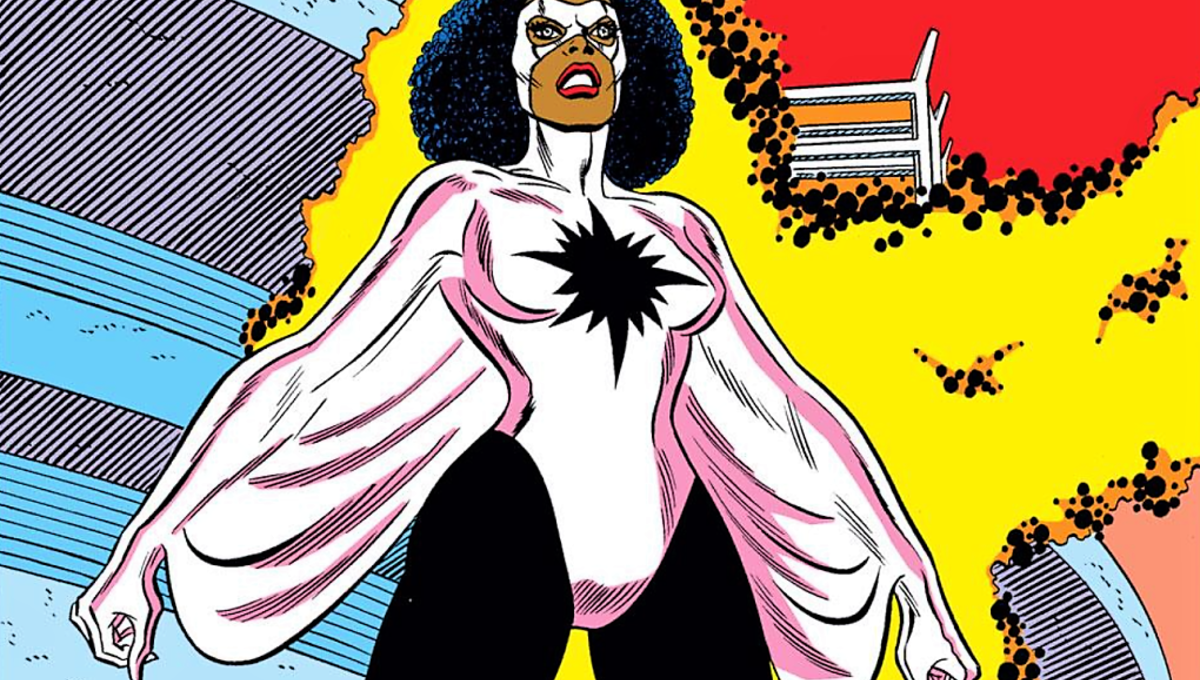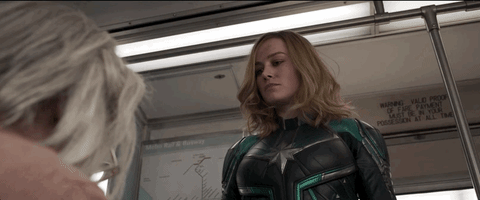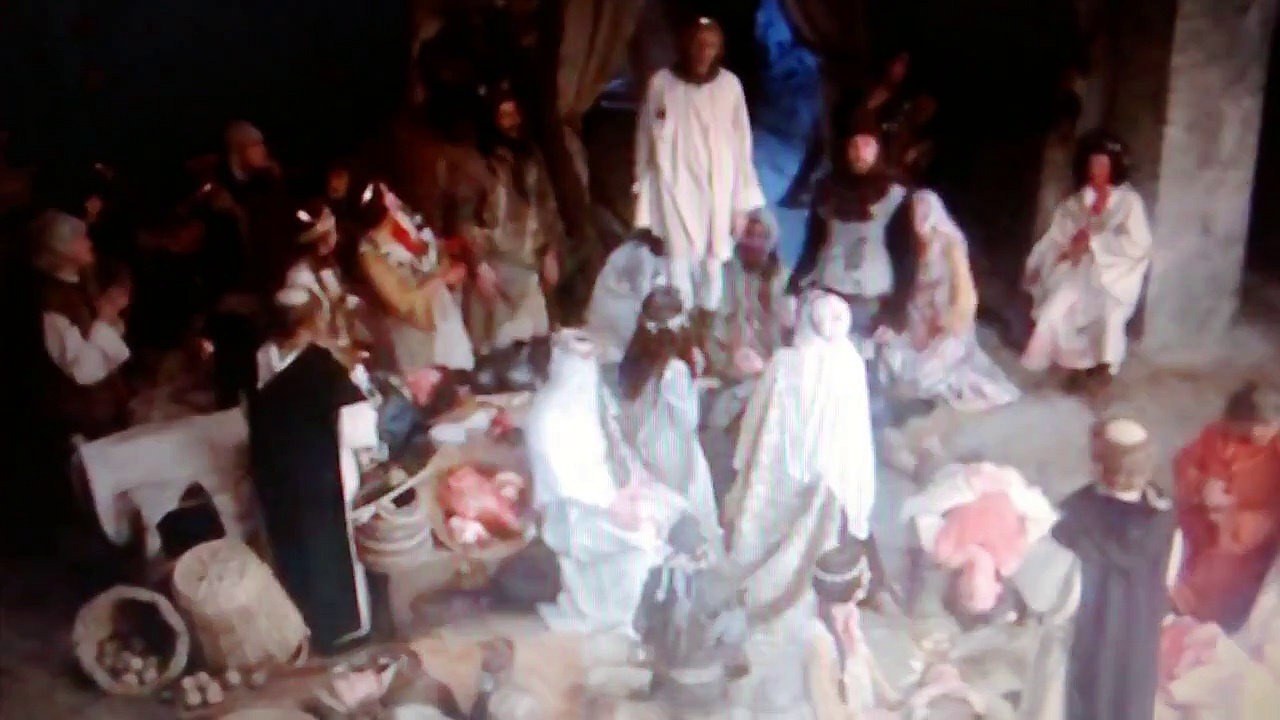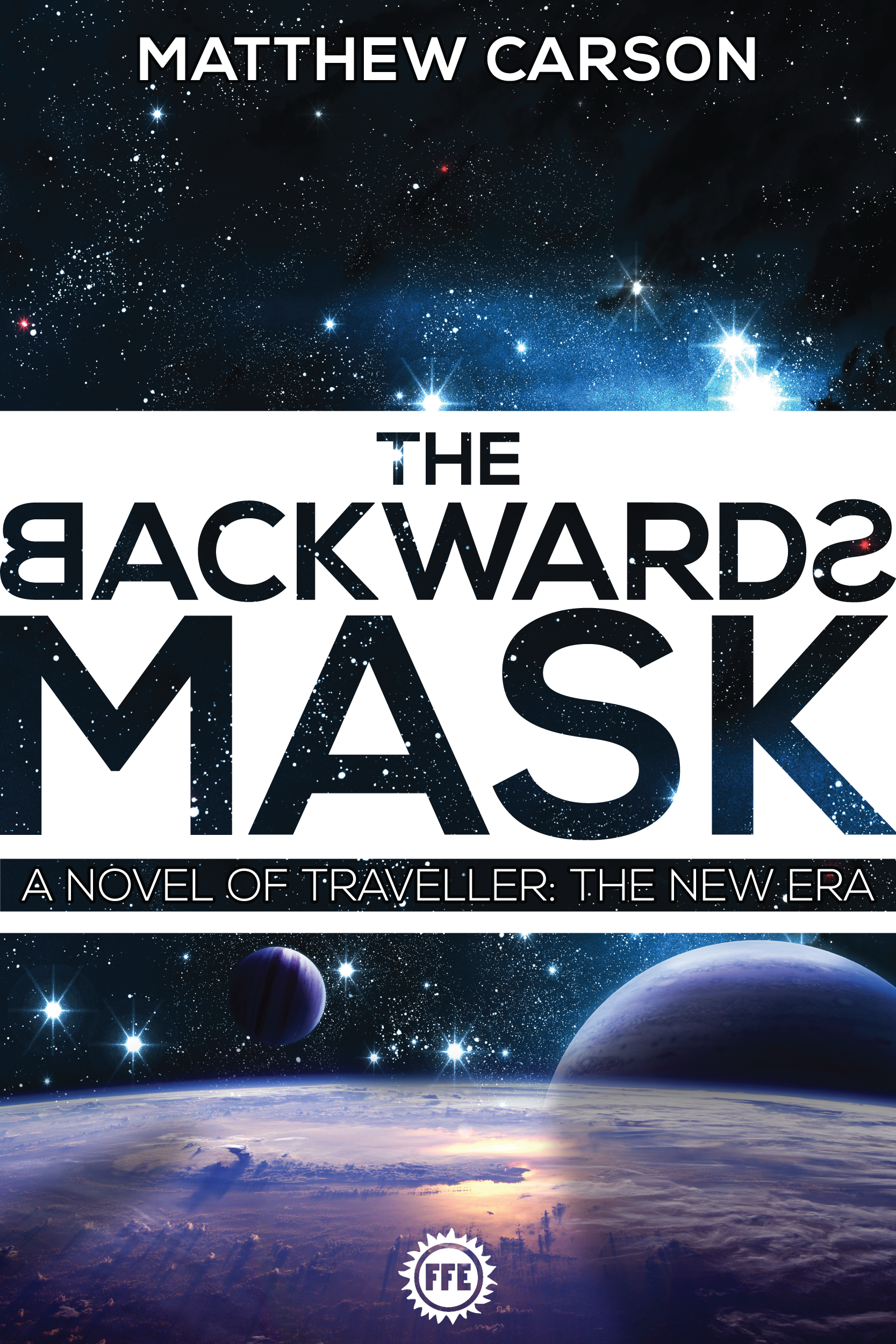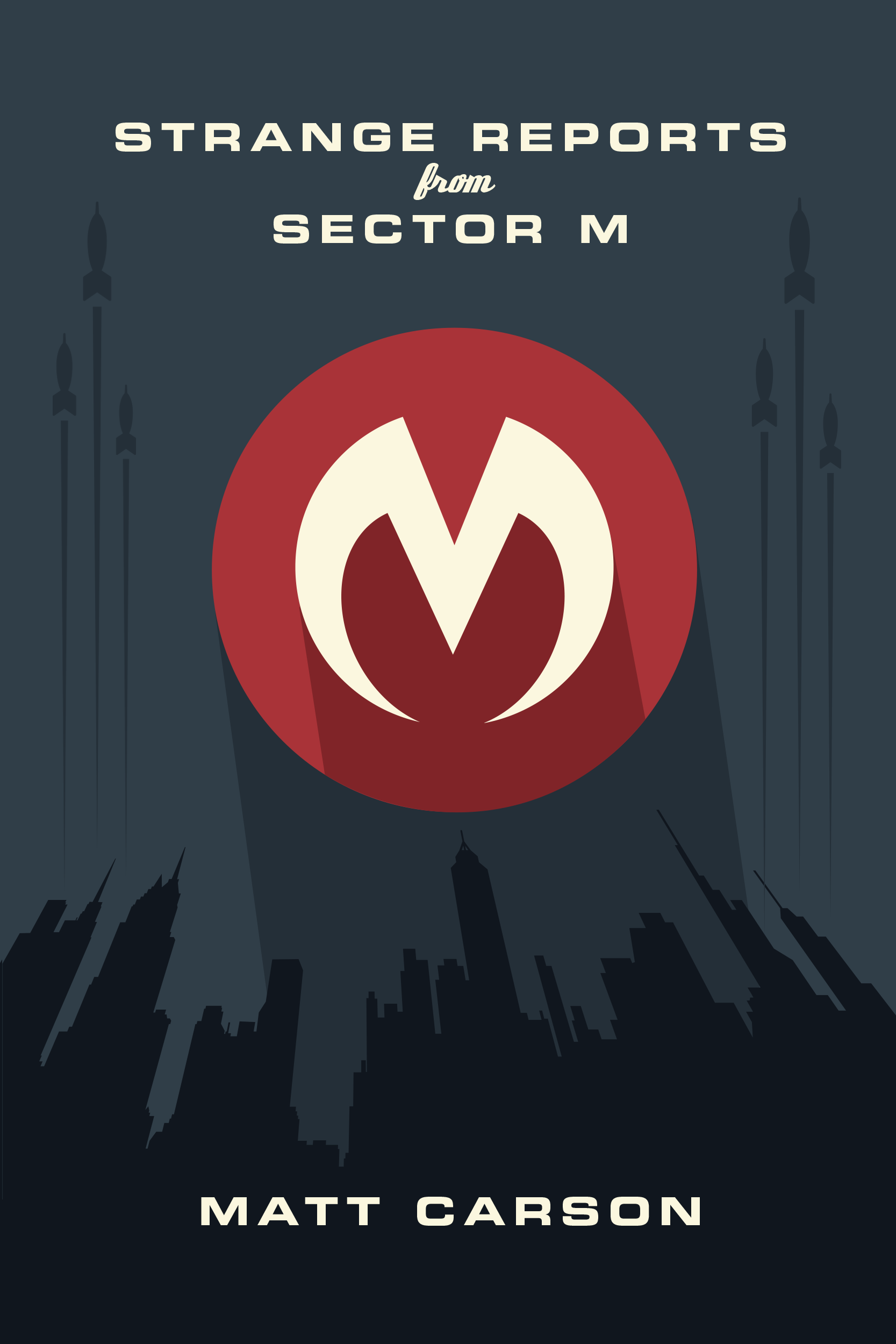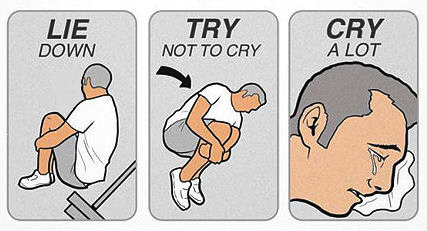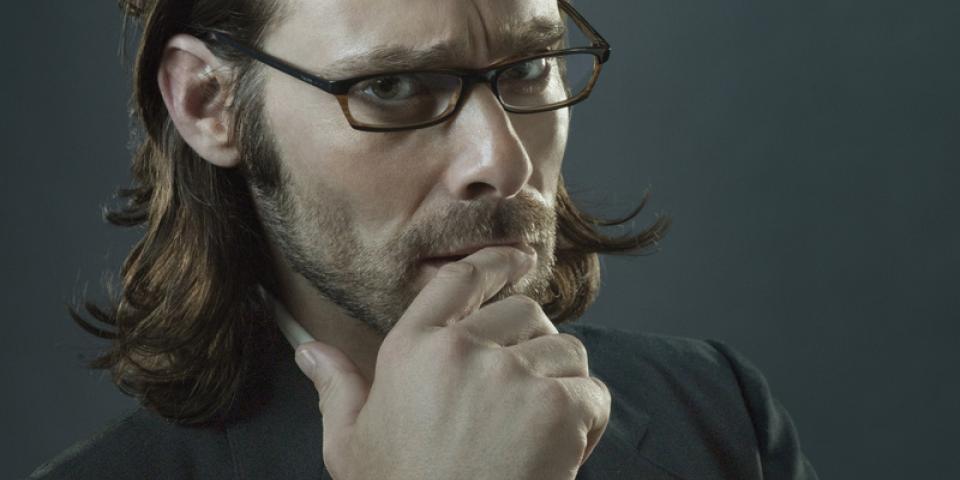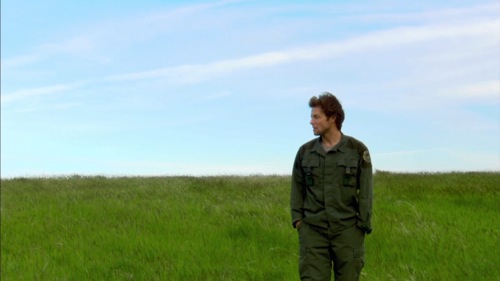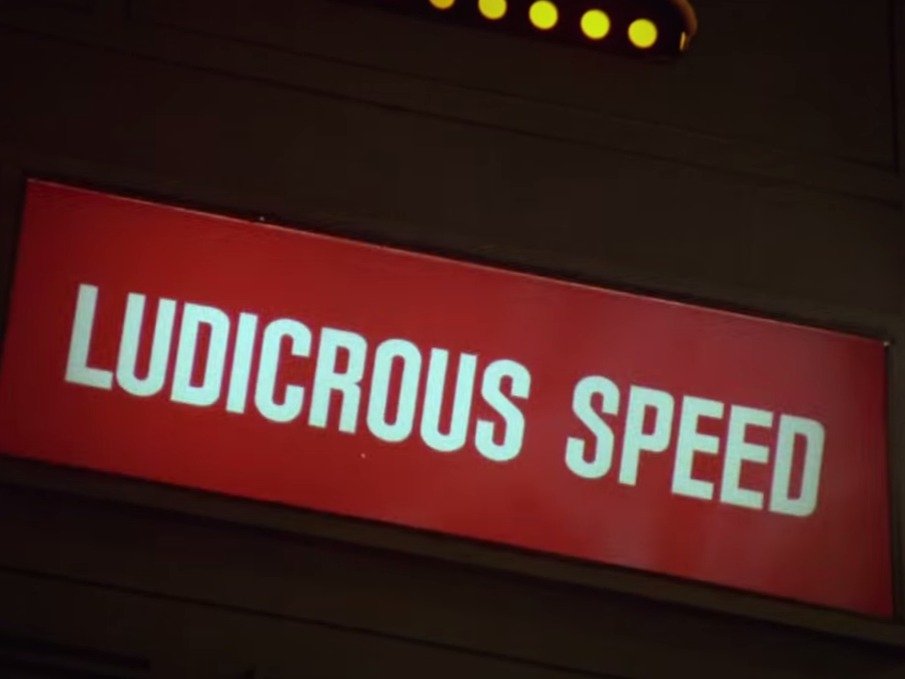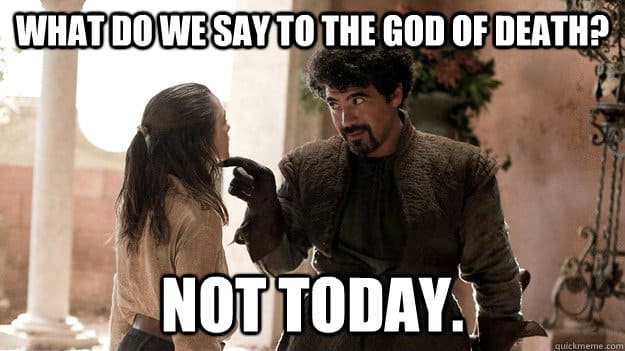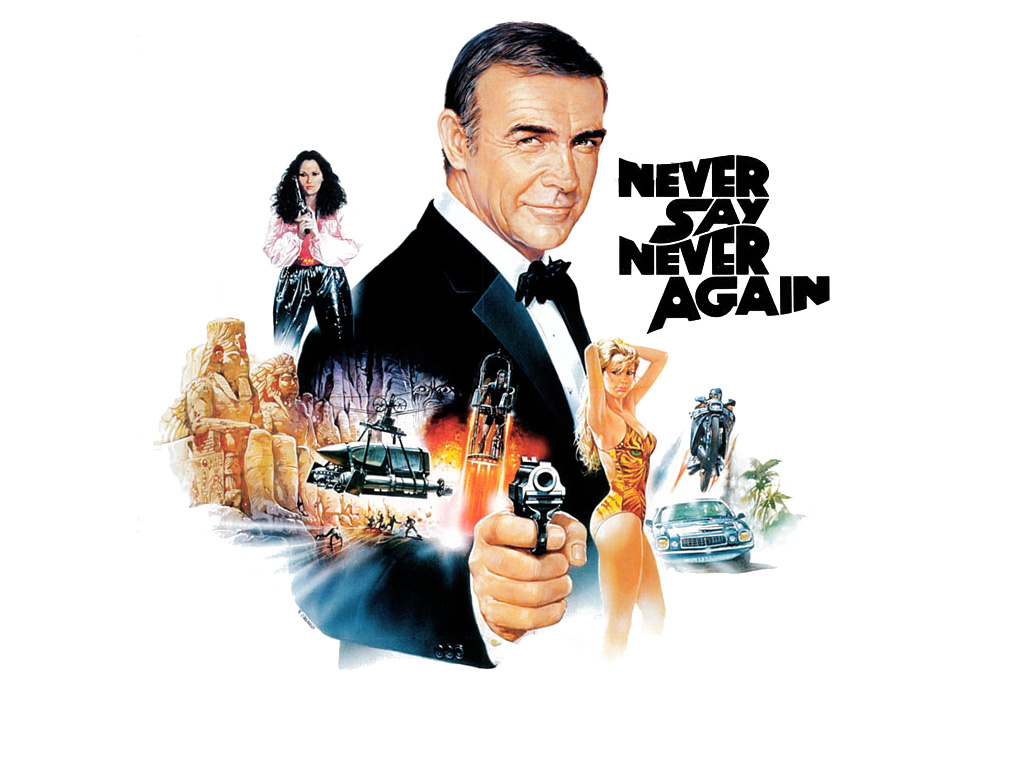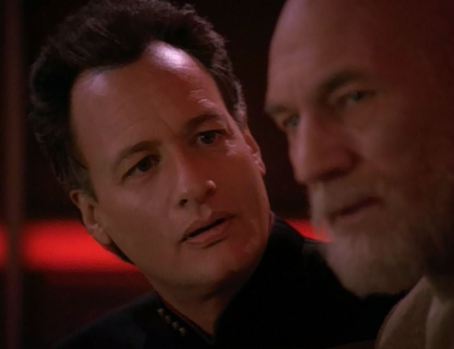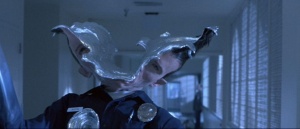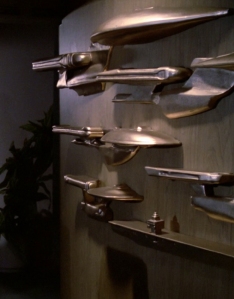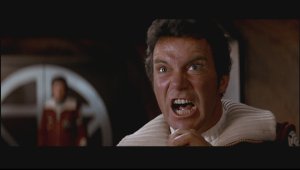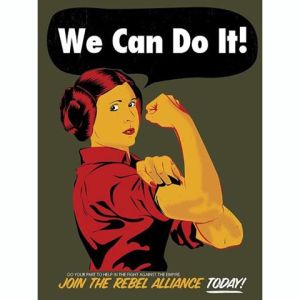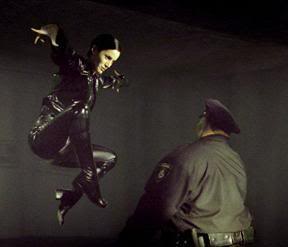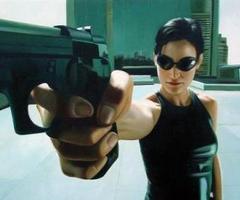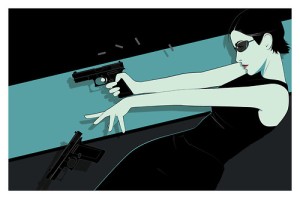The concept of a prequel as a literary device has been around in one form or another for quite a long time in almost every medium. When The Phantom Menace came out in 1999, the idea of going back and telling the story of the Clone Wars was something that hadn’t been done before on that kind of cinematic scale. More than 20 years later, the Star Wars universe is still dipping into that well, and will likely continue showcasing stories that take place before A New Hope for the foreseeable future.
Star Wars certainly isn’t alone in wanting to delve into the stories that take place before the original setting of the intellectual property. A short list of heavy-hitters appearing this year alone on TV includes (but is certainly not limited to) the following:
- Lord of the Rings: The Rings of Power
- House of the Dragon
- Star Trek: Strange New Worlds
- Obi-Wan Kenobi
- (And just this week) Andor
Before I get into the particulars, let me say this: This post is not about the casting, fan backlash, or creative decisions involved with any of these shows. I have the greatest respect for the actors, crew, and digital artists who bring these shows to life. If you’re here expecting some sort of fanboy outrage at one or more of those groups, feel free to hit that “eject” button now and punch out. Byyyyeee.
Still with me? Excellent. What I hope to do with this blog is to take a look at the viability of prequels as a framework for telling stories, exploring three things that make prequels attractive as well as three more that make them less appealing than an original story. With that in mind, let’s dive in.
The Allure

Nostalgia
The most obvious answer is that a prequel hopes to capture the magic that the property had before, tapping into the good will and warm fuzzies that we may harbor from previous iterations of said property. Depending on how subtle or overt this previous connection is handled, you might wind up with fun call-backs, but it runs the risk of becoming heavy handed with member berries.
For the most part, I’m fairly forgiving of when the fan service gets too fan service-y. Even when this happens, it’s hard to deny that the feelings that are evoked when you see parallels play out. In the right hands, they can be profound. The best prequels are able to successfully excavate those little nuggets of emotion we have tied up with the original and shine new light on them.
Nostalgia is often a distortion of past events, though, filtered through the lens of a yearning for a past that may or may not have really existed except in our minds. While it can be a two-edged sword, it can also be a powerful reminder of what we love, reigniting our passion and enthusiasm in the present.
More Time in the Setting
Stories taking place in settings we love are always finite. There are only so many episodes of Star Trek: The Next Generation, only so many Lord of the Rings movies. Once a setting has achieved that sort of critical mass in the hearts and minds of fans, it’s natural to want to go back to that place if given the chance. After all, we have friends there, favorite spots, and (in general) we know what we’re getting ourselves into. It’s a known quantity, and one we already like.
Settings with rich backgrounds are often the most fertile soil for prequels. If you’re a lore nerd like I am, who just loves to sink your teeth into the backstory and worldbuilding, this is a chance to see it brought to life. The mentor figure of a previous story might now take center stage as the protagonist of the prequel. Characters who are bitter enemies might be friends in this telling. Maybe you get to witness legendary events play out that were only ever talked about, or receive additional context to the original story.
Like the voyages of the original Constitution-class Enterprise? Well, here’s more of that. Remember the thrill of Game of Thrones? Let’s have another foray into Westeros, shall we? And so on.
A Safe Bet
Prequels don’t have the risk that new, completely original stories carry. There’s a built-in audience, likely one that’s hungry to see more of whatever it is. This makes prequel stories something comfortable for both the producers and consumers of media. If you liked this, you’ll surely love that.
It’s the same mindset that brings us sequels, but there’s an innate guardrail backed into prequels: You know where the characters are going. You don’t have to worry about coming up with the next big story arc, and you already have the end point established. You’re just filling in the gaps and adding additional layers to a story that’s already been told.
The Curse

Spectacle Creep
The issue with going back before the ‘main’ timelines is that the temptation to make the prequel story bigger, grander, and more impressive often blows the originals out of the water. Consider the lightsaber duels in the Star Wars prequel trilogy. They are orders of magnitude more complex and fast-paced than the ones we see in the original trilogy.
The ever-increasing want to pile spectacle on top of spectacle, to outdo what audiences have experienced before, can be momentarily thrilling in the moment, but it always has the effect of making the source material seem far more mundane. This is especially noticeable when you watch the releases in that universe’s chronological order. Thus, prequels often have the side-effect of downgrading or side-lining the originals.
Continuity Nightmare
By its very nature, a prequel does not exist in a void. It comes before something. It’s no easy feat to balance the needs of the prequel story with the constraints placed on it by the stories that released before it. It’s a delicate balance to walk. Lean too much into what’s been established and you risk severely limiting the scope of your story. Throw canon to the wind and the prequel story may not fit within the greater framework that exists in the minds of fans.
This is personally why I think that prequels can be a hard sell for long-running fandoms — it’s too easy to cause contradictions and lore breaks. Sure, not everyone cares about that. Most casual viewers probably don’t, but invariably there are fans who are invested in the universe that do want to see continuity maintained. Prequels are often the bane of those kinds of fans.
Now I know that, more often than not, these types of fans are dismissed out of hand as whiny manbabies, like a Youtube comment section come to life. But, I would argue that many of the fans that object to major breaks in a universe’s continuity just want all parts of the thing they love to work in concert, forming a cohesive whole, rather than having elements that work in opposition to that. Major breaks in continuity can make that a bridge too far to span.
Lack of Stakes
Perhaps the worst curse of prequels is that we know that nothing will really change. Yeah, maybe we get a little extra insight into what leads up to the originals, but we know the story can only resolve in a certain way. We already know who lives and who dies.
That means that established characters that are alive and kicking in the future are effectively untouchable in the present. There are no stakes when the outcome is already known. When there are no stakes to a story, it can make everything in it feel brittle and unearned. It doesn’t matter how outnumbered, outgunned, or impossibly the odds are against them, we know that the heroes will make it through. It drains most, if not all, of the dramatic tension from the story as we already know the protagonists will win. Prequels are where the plot armor is thickest, and it shows.
Final Thoughts

For one reason or another, we live in an age of prequels. In the case of both the Lord of the Rings and Game of Thrones universes, it’s because the main stories have already been told, and it’s too soon for any sort of reboot. With Star Trek and Star Wars, they seem to both have an allergy to advancing their own timelines (with some exceptions), and would much rather set their stories in eras that have historically proven popular.
Combine that with the powerful urge for studios to create some sort of interrelated cinematic universe, and it’s a safe bet that the stream of inevitable prequel releases is just getting started.
Still, there are some places even within those offerings where new, original stories can thrive, ones that aren’t as beholden to other source material that have more space to grow. (Mandalorian, I’m looking at you.) While my instinct is usually to leave backstory as just that, I’m usually willing to give prequels stories a shot. Sometimes they land, and sometimes they don’t. After all, a story well told is a story worth your time, regardless of how much baggage it might carry from what has gone before.
So, I put it to you, dear reader, what are your thoughts on prequels? Do you like them, love them, despise them, or are you just sort of ‘meh’ on them? Let me know in the comments below.
Thanks for reading!













